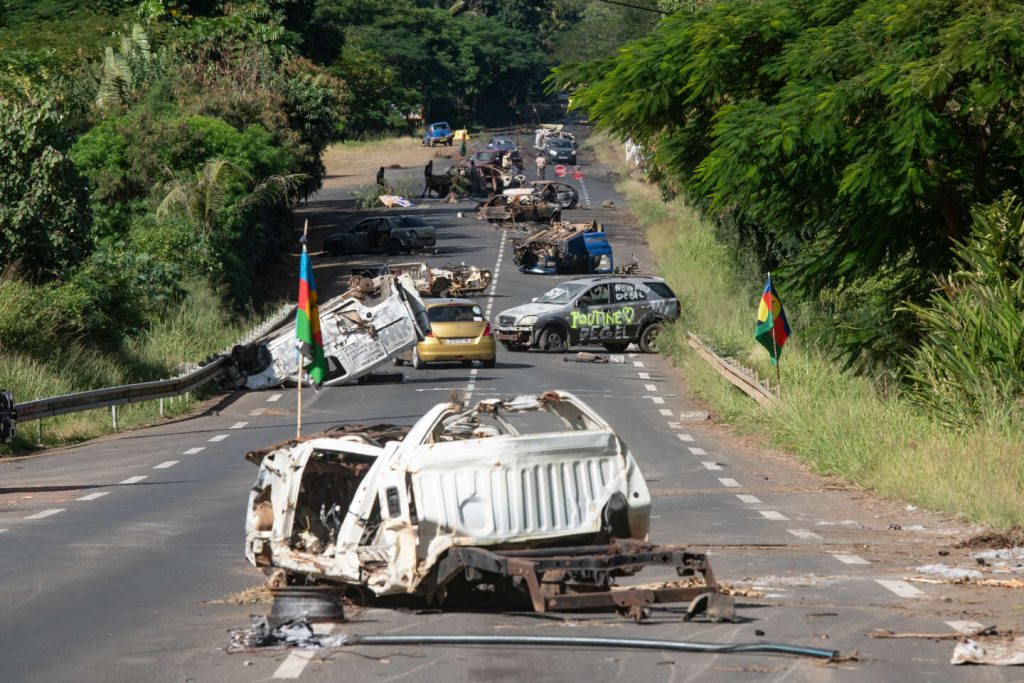During the urban riots of the summer of 2023, French President Emmanuel Macron briefly considered blocking social media networks believed to be inciting trouble. However, he ultimately decided against it to avoid implementing harsh measures that could be regretted later on. This caution was not taken into account at the start of the violence that erupted in New Caledonia on May 13. The French authorities made the abrupt decision to block the TikTok platform without any consultation, taking advantage of the unique circumstances in New Caledonia, where there is only one operator and the territory is not fully integrated with the European Union but is only associated with it.
The issue at hand is not to downplay the challenge of restoring calm in the archipelago, which must be accompanied by the resumption of stalled political dialogue, or to deny any potential impact of this social network on public order, but to consider the measure and its effects. Due to its global success and Chinese ownership, TikTok has raised suspicions. However, in the case of New Caledonia, the accusation that it facilitated destabilization operations orchestrated by foreign powers has not been substantiated. The drastic and unprecedented decision by the French authorities has rightfully exposed them to severe criticism for resembling countries that have little regard for freedom of expression, including on the internet, and human rights in general, such as China, Iran, and Turkey.
The declaration of a state of emergency only allows the blocking of a social network in the event of a terrorist act or terrorism apology. The government had to rely on the theory of “exceptional circumstances,” referring to a 1918 Council of State ruling, to silence the platform. This “superposition of exceptional regimes” was condemned by human rights organizations’ lawyers, including the League of Human Rights, who failed to urgently obtain a suspension of the blocking, pending the Council of State’s decision on the matter. The question of the proportionality of the government’s measure remains unresolved, as it was justified as temporary, could be circumvented with a VPN, and did not affect other social networks that could also escalate tensions.
The government’s justifications for the TikTok block in New Caledonia emphasized its temporary nature, the possibility of circumvention through VPNs, and its limited scope to only TikTok. However, without more convincing arguments, it is evident that a precedent has been set, disturbing the delicate balance maintaining an open, free, and safe internet as advocated in the Christchurch Call in 2019 by France and New Zealand, close to New Caledonia. The decision to block TikTok in New Caledonia marks a significant development in how social media platforms are regulated in a democratic state, raising questions about the limitations of government intervention in online expression and the implications for freedom of speech in the digital era. The impact of this decision on the broader French legal framework and international human rights norms remains to be seen.


